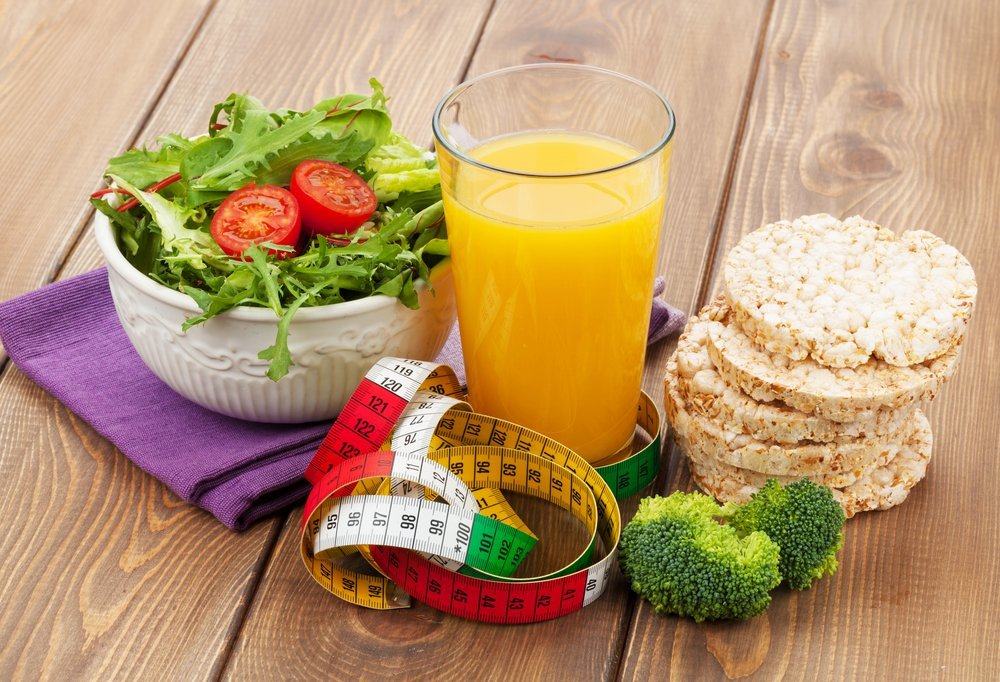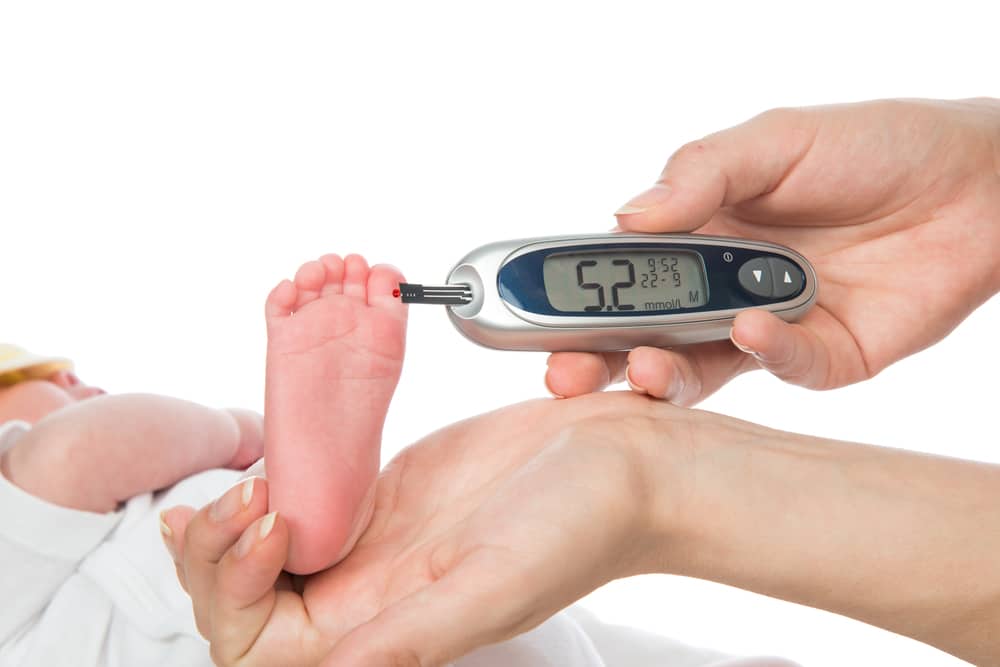Contents:
- Medical Video: Fertility Foods for Getting Pregnant | Foods to Get Pregnant Faster
- What is that fertility diet?
- How to do fertility diet?
- 1. Avoid foods that contain trans fat
- 2. More consumption of foods that contain unsaturated fats
- 3. Choose and consume more vegetable protein
- 4. It's better to consume complex carbohydrates
- 5. Choose milk full cream compared to nonfat milk
- 6. Take folic acid supplements
- 7. Eat foods that are rich in iron
- 8. Keep your body well hydrated
- 9. Maintain an ideal body mass index
- 10. Do physical activity
Medical Video: Fertility Foods for Getting Pregnant | Foods to Get Pregnant Faster
Maybe some of you who have problems to have children have tried various ways to speed up having children. From medical, alternative, herbal and even food methods. Many assumptions suggest that eating foods such as sprouts, clams, garlic, etc. can help nourish the reproductive system and help speed up having children. Is that true? Or is it just a myth?
According to the American Society for Reproductive Medicine, at least it is known that there are 10% of people in the population who experience fertility disorders and are difficult to have offspring. They indeed cannot control all the factors that can cause infertility or infertility, but they can regulate diet and diet that can increase fertility.
What is that fertility diet?
In 2007, Harvard examined the relationship between food and fertility and then published a "Fertility Diet" or diet to increase fertility. This was motivated by research conducted by the Nurses' Health Study involving as many as 238 thousand women aged 30 to 55 years. This research proves that food and drinks consumed by a person can influence the chance to get pregnant. In the study it was known that groups of women who followed or underwent fertility diet can reduce the risk of infertility due to poor quality eggs as much as 66% and reduce the risk of 27% infertility due to other factors.
How to do fertility diet?
Here are 10 principles from fertility diet recommended by Harvard Medical School:
1. Avoid foods that contain trans fat
Trans fat in the body will make blood vessels clogged so that it can disrupt the reproductive organs due to closed blood vessels and no blood flowing.
2. More consumption of foods that contain unsaturated fats
Monounsaturated fats and polyunsaturated fats can help increase the body's sensitivity to insulin and overcome inflammation in the body, and both of these are good for female fertility. Expand consumption of foods such as nuts, fatty fish that contain omega-3, namely salmon and sardines.
3. Choose and consume more vegetable protein
Vegetable protein is better than animal protein in terms of fertility. You can replace the red meat that you often eat with red beans, peanuts, soybeans, tofu, tempeh, which can increase fertility.
4. It's better to consume complex carbohydrates
It is recommended to consume complex types of carbohydrates or carbohydrates that are digested for a long time by the body, rather than reducing carbohydrate intake altogether. Complex carbohydrates, such as fiber in fruits, vegetables, wheat, and nuts can increase fertility by controlling blood sugar levels and maintaining good insulin function.
5. Choose milk full cream compared to nonfat milk
If you think skim milk or nonfat milk is good, then you are wrong about this. In fact, good milk to help fertility is full fat milk. Nonfat milk can even make you risk to be more difficult to get pregnant. Therefore, if you are planning a pregnancy, you can replace nonfat milk with milk full cream, ice cream, and yogurt.
6. Take folic acid supplements
Folic acid is one of the nutrients needed when you have a problem with fertility. It is recommended to consume as much as 400 mcg of folic acid in one day. In addition, folic acid is very necessary when pregnancy has occurred, so you can store folic acid if you are pregnant later. Folic acid can also be obtained from eating various kinds of foods containing high folic acid such as green leafy vegetables.
7. Eat foods that are rich in iron
The results of research conducted by the Nurses' Health Study, states that consuming iron derived from plants can increase fertility. Examples of high-iron foods from plants are spinach, kidney beans, pumpkin, tomatoes, beets, and eggs. You can also increase the absorption of iron in the body by consuming various types of foods that contain high vitamin C.
8. Keep your body well hydrated
It is important to keep fluids in the body if you want to speed up and increase fertility. The best liquid to consume is mineral water, which has no calories but can meet body fluids. Avoid sodas and various drinks that are high in sugar because they can reduce fertility.
9. Maintain an ideal body mass index
Body mass index (BMI) is a measure to determine a person's nutritional status. If someone has a BMI above normal it can be called overweight or obese. Whereas people who have a BMI less than normal can be said to experience malnutrition. A good BMI value for fertility is 20 to 24. If you are not at this limit, then consult a nutritionist or your doctor to help normalize your BMI.
10. Do physical activity
Regular physical activity is good for fertility, especially if you have a more than normal BMI. This will help you to change the value of your BMI to be ideal. However, excessive physical activity and too heavy can also interfere with women's fertility.
READ ALSO
- How often to have sex to get pregnant?
- Causes of Preeclampsia, Dangerous Conditions in Pregnant Women
- 10 Causes of Late Menstruation If You Are Not Pregnant












